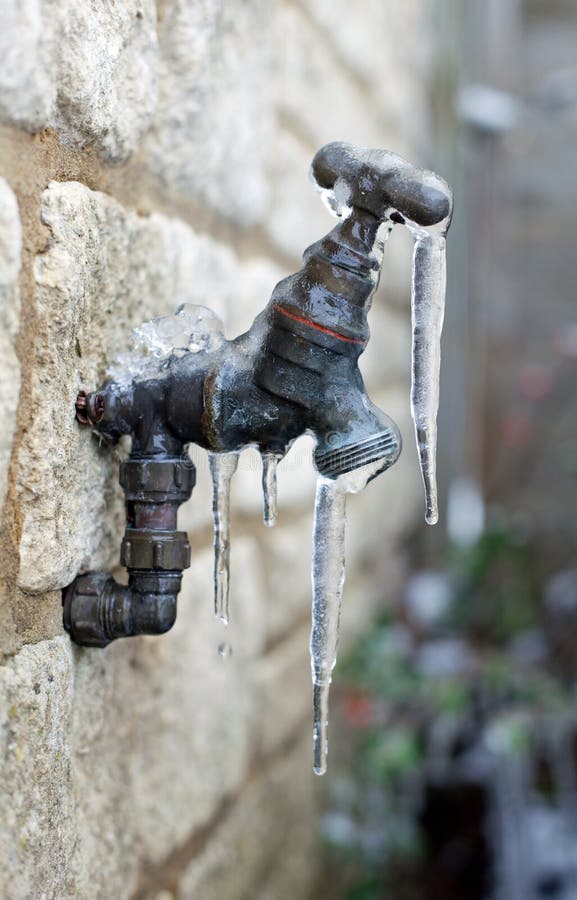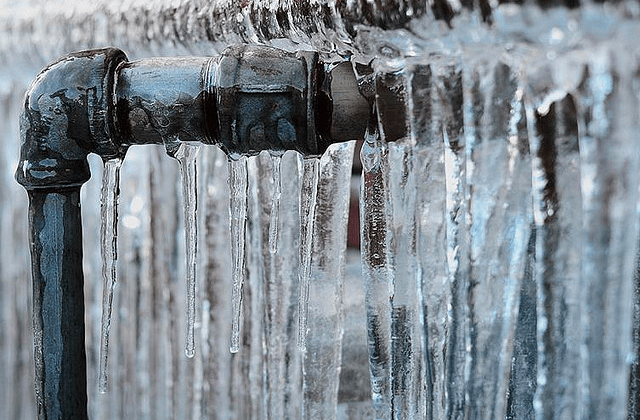Safeguarding Your Pipes from Freezing Damage: Key Strategies
Safeguarding Your Pipes from Freezing Damage: Key Strategies
Blog Article
Do you find yourself trying to find advise involving Prevent Frozen Pipes ?

Cold weather can ruin your plumbing, specifically by freezing pipes. Below's exactly how to prevent it from taking place and what to do if it does.
Introduction
As temperature levels drop, the danger of frozen pipes rises, potentially leading to pricey repairs and water damage. Recognizing how to avoid frozen pipes is critical for homeowners in chilly environments.
Avoidance Tips
Shielding vulnerable pipes
Wrap pipes in insulation sleeves or utilize warmth tape to protect them from freezing temperatures. Focus on pipelines in unheated or outside areas of the home.
Home heating methods
Maintain indoor areas effectively heated up, particularly areas with plumbing. Open up closet doors to enable warm air to circulate around pipes under sinks.
Just how to determine frozen pipes
Seek reduced water flow from taps, uncommon odors or sounds from pipes, and visible frost on revealed pipes.
Long-Term Solutions
Architectural changes
Consider rerouting pipelines away from outside walls or unheated locations. Add added insulation to attics, cellars, and crawl spaces.
Upgrading insulation
Purchase high-grade insulation for pipes, attics, and walls. Correct insulation assists preserve regular temperatures and lowers the risk of icy pipelines.
Protecting Exterior Pipes
Garden hose pipes and outdoor faucets
Detach and drain pipes yard hoses prior to winter months. Mount frost-proof spigots or cover exterior faucets with shielded caps.
Comprehending Icy Pipes
What creates pipes to ice up?
Pipes ice up when exposed to temperature levels listed below 32 ° F (0 ° C) for prolonged durations. As water inside the pipes freezes, it broadens, taxing the pipe wall surfaces and possibly causing them to rupture.
Dangers and problems
Icy pipes can result in water disruptions, building damage, and expensive repair work. Burst pipes can flood homes and trigger considerable structural damage.
Indications of Frozen Piping
Determining frozen pipes early can prevent them from rupturing.
What to Do If Your Pipelines Freeze
Immediate activities to take
If you believe icy pipelines, keep faucets open to relieve stress as the ice thaws. Use a hairdryer or towels soaked in hot water to thaw pipes slowly.
Verdict
Preventing icy pipelines needs proactive actions and quick responses. By recognizing the causes, indicators, and preventive measures, homeowners can secure their plumbing during winter.
5 Ways to Prevent Frozen Pipes
Drain Outdoor Faucets and Disconnect Hoses
First, close the shut-off valve that controls the flow of water in the pipe to your outdoor faucet. Then, head outside to disconnect and drain your hose and open the outdoor faucet to allow the water to completely drain out of the line. Turn off the faucet when done. Finally, head back to the shut-off valve and drain the remaining water inside the pipe into a bucket or container. Additionally, if you have a home irrigation system, you should consider hiring an expert to clear the system of water each year.
Insulate Pipes
One of the best and most cost-effective methods for preventing frozen water pipes is to wrap your pipes with insulation. This is especially important for areas in your home that aren’t exposed to heat, such as an attic. We suggest using foam sleeves, which can typically be found at your local hardware store.
Keep Heat Running at 65
Your pipes are located inside your walls, and the temperature there is much colder than the rest of the house. To prevent your pipes from freezing, The Insurance Information Institute suggests that you keep your home heated to at least 65 degrees, even when traveling. You may want to invest in smart devices that can keep an eye on the temperature in your home while you’re away.
Leave Water Dripping
Moving water — even a small trickle — can prevent ice from forming inside your pipes. When freezing temps are imminent, start a drip of water from all faucets that serve exposed pipes. Leaving a few faucets running will also help relieve pressure inside the pipes and help prevent a rupture if the water inside freezes.
Open Cupboard Doors
Warm your kitchen and bathroom pipes by opening cupboards and vanities. You should also leave your interior doors ajar to help warm air circulate evenly throughout your home.

I ran across that piece about How to prepare your home plumbing for winter weather when doing a search on the search engines. Sharing is good. Helping people is fun. Many thanks for going through it.
Set Up An Appointment Report this page